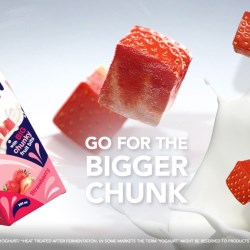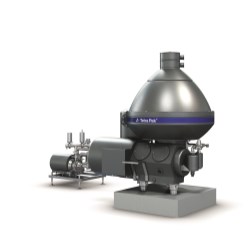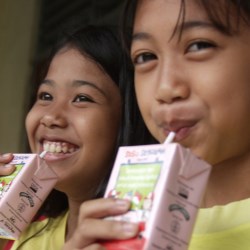If this is your company, CONTACT US to activate Packbase™ software to build your portal.
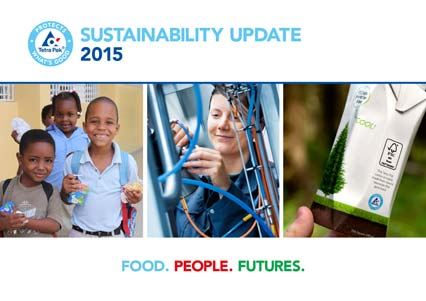

Tetra Pak has launched its 2015 sustainability report, which highlights the company’s achievements in environmental performance, social responsibility and good governance over the past year.
Examples of Tetra Pak’s progress in sustainability include:
- The Tetra Rex® Bio-based carton hit the shelves in January 2015 as the world’s first fully renewable package manufactured solely from materials derived from plants.
- In June, the revolutionary Tetra Pak® E3 was launched, a filling machine that uses electron beams, rather than hydrogen peroxide, to sterilise packaging material, which results in significant energy savings and reduced environmental impact.
- The company has made good progress on implementing a global operational health and safety (OHS) management system. The target is to achieve OHSAS 18001 certification for all of Tetra Pak manufacturing sites by the end of 2016. So far 50% have been certified, which is up from 42% in 2013.
- Tetra Pak maintained its support of Dairy Hub projects in Bangladesh, Kenya, Nicaragua and Sri Lanka in 2014 and began a new project in Senegal in early 2015. Through these projects, the company helps to secure long-term supply of locally produced quality milk in developing countries. During the past year, as a result of Dairy Hubs, particular progress has been made in Bangladesh, where the dairy farmers’ average net monthly income has reached $245, up from $70-90 in 2012.
- Tetra Pak’s Food for Development team continued its support to governments and customers all over the world to implement school feeding programmes. In 2014, 66 million children, a record high number, received milk or other nutritious drinks in Tetra Pak packages in school.
- During the first quarter of 2015, Tetra Pak’s Deeper in the Pyramid (DiP) unit launched more than 20 new products designed specifically for the low income consumer segment in over 10 countries, while increasing the number of packages sold by 12%, compared to the same period last year.
“At Tetra Pak, our approach to sustainability derives from our brand promise: PROTECTS WHAT’S GOOD™. That means protecting food, through our processing and packaging activities. But it also means protecting people, both inside and outside the company. And it means protecting futures: our planet’s, our customers’ and our own,” said Dennis Jönsson, President and CEO, Tetra Pak Group.
“We have long realized the importance of balancing each of these commitments and that the only way to achieve this is through collaboration, innovation, determination and a strong sense of obligation across the entire company. With the announcement of the UN 2030 Sustainable Development Goals, sustainability will be an area ever more integrated into the activities of companies worldwide. We are committed to working with our customers to meet the challenges that the UN has set out.”
As part of Tetra Pak’s annual Communication on Progress (COP), a condensed version of the report has been submitted to the UN Global Compact, which demonstrates how the company is integrating the 10 principles on environmental performance, labour and human rights practices, and anti-corruption into its business strategy and day-to-day operations.


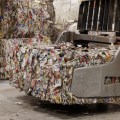
.png)


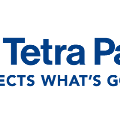
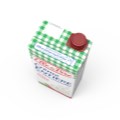

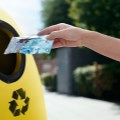


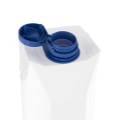
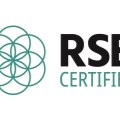





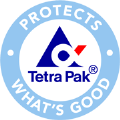
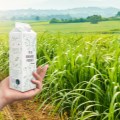
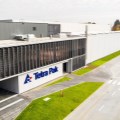
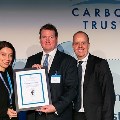

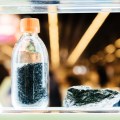



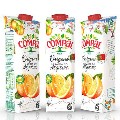

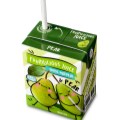
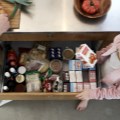

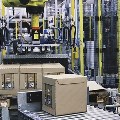




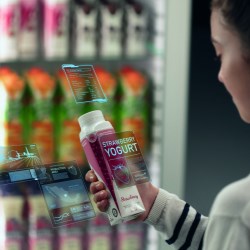
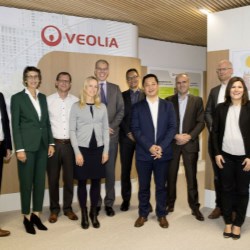

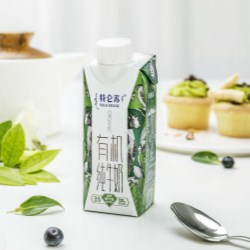

.jpg)
